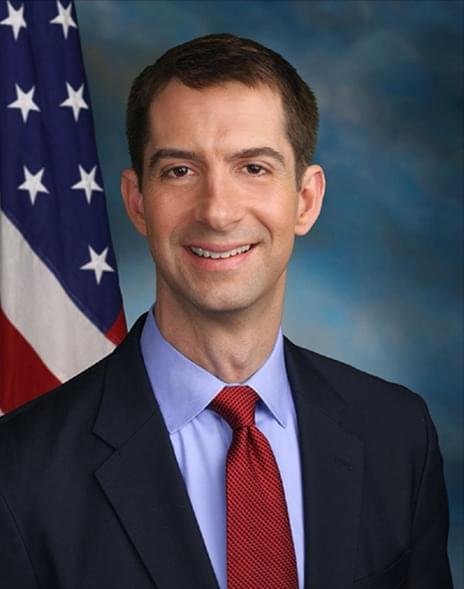LITTLE ROCK, Ark. – Governor Sarah Huckabee Sanders today announced the Bell to Bell, No Cell Act, legislation that would ban smartphones and other personal electronic devices like smart watches from every single public school in Arkansas, beginning in the 2025-2026 school year. Senator Tyler Dees (District 35) and Representative Jon Eubanks (District 46) are sponsoring the bill in the legislature.
“We have seen a staggering rise in mental illness among young people over the past decade. The culprit is clear: unrestricted access to smartphones and social media,” said Governor Sanders. “After the overwhelming success of our phone-free schools pilot program, it’s clear that it’s time for Arkansas to ban smartphones, bell to bell, in every school in our state.”
“Arkansas kids deserve every advantage we as parents can give them, and helping them keep their heads in the game at school isn’t just good for their mental health. It will improve the quality of their education overall, making them more prepared for the challenges of life. Disconnecting students from doom-scrolling on big tech social media platforms during school is common sense and will help with their social and emotional health.”said Senator Tyler Dees.
“I think we can all agree cell phones are a serious distraction for students. This legislation will limit that distraction so that phones do not interfere with the learning process,” said Representative Jon Eubanks.
The Bell to Bell, No Cell Act prohibits personal electronic devices, including cell phones and smart watches, bell-to-bell. Each public school district will be required to publish its cell phone policy on its website, including policies and exemptions concerning cell phones on school property and at school-related functions. Districts are required to provide exemptions for health reasons, Individualized Education Programs (IEPs), after-school extracurricular activities, and emergencies.
In her 2025 State of the State address, Governor Sanders identified mental health as one of her top priorities for the year. In addition to the phone-free schools program, the Governor plans to update Arkansas’ Social Media Safety Act so it is no longer held up in court and to give Arkansas parents the right to sue Big Tech companies under state law so they can hold bad actors accountable.
Governor Sanders launched the phone-free schools pilot program last summer. Participating districts received funding to purchase containers for students to store their devices and experience a phone-free education. She was inspired to launch this program after reading The Anxious Generation by author Jonathan Haidt, and also sent a copy of the book to every legislator in Arkansas and every governor in America.
Sanders and Haidt toured schools across the state in December to promote the phone-free schools program and see its implementation. Beyond school visits, they held a roundtable and speaking engagements, inviting legislators, parents, and educators to join the conversation. The Governor and Haidt also spoke on a panel at the World Economic Forum in Davos, Switzerland, to promote phone-free schools.






